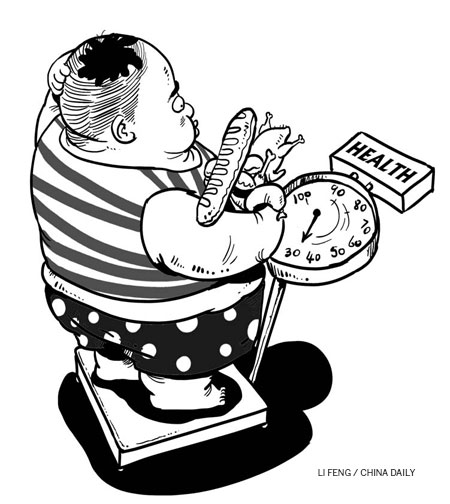Higher income versus better health

China's economic growth has led to dramatic changes over the last 20 years. Cities such as Beijing are home to some of the wealthiest people in the world, there are an estimated 100 million cars in the country, and perhaps most dramatically, Chinese people consume more meat, dairy products, processed foods and sugary beverages than ever before.
According to the UN Food and Agriculture Organization, the period between 1990 and 2009 saw a decline in per capita consumption of cereals, roots, beans and pulses. During the same period, however, the per capita consumption of cheese doubled, that of egg almost tripled, chicken quadrupled, and beef increased nearly five-fold.
This nutrition transition, or the increased consumption of animal protein and foods with higher fat content, is common in developing and emerging countries. As the middle class grows and people have more disposable income, they tend to eat higher up on the food chain. But the over-consumption of fast food, dairy products and meat can have serious consequences on health. There are now more than 4,000 KFC and 1,400 McDonald's outlets in China.













